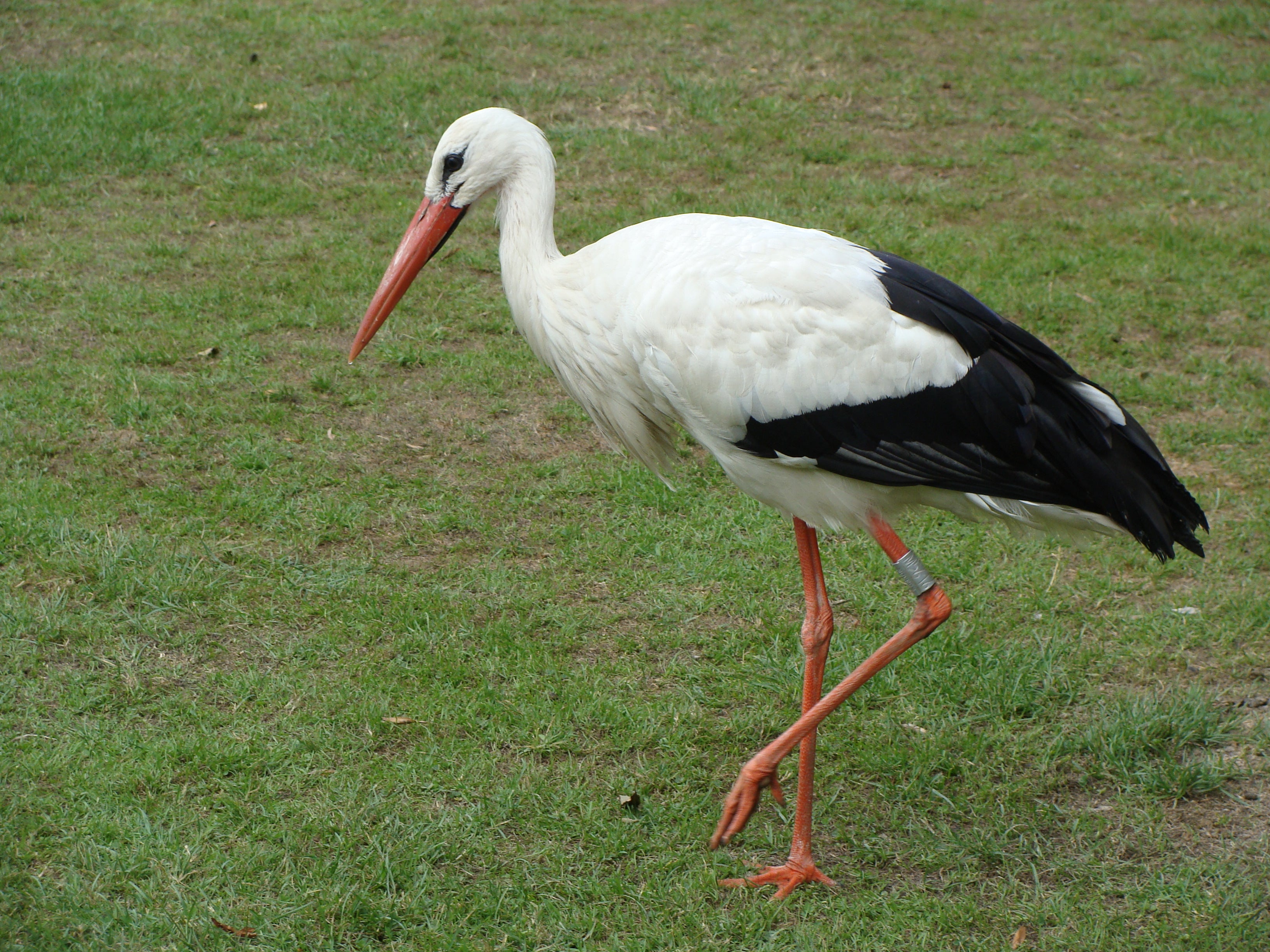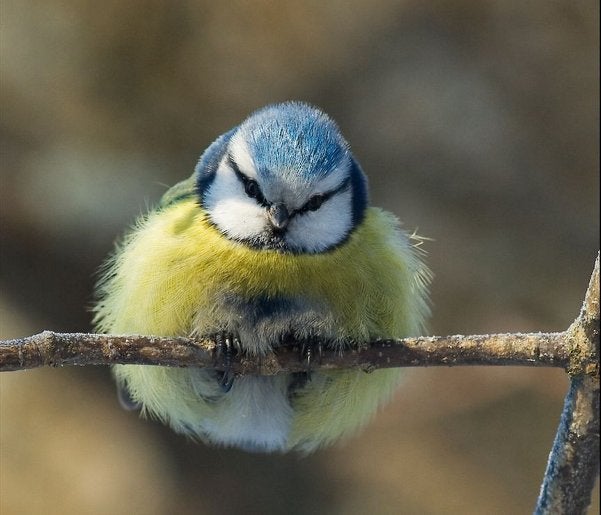 "Cé hé sin" (michael-m-mouse)
"Cé hé sin" (michael-m-mouse)
06/15/2016 at 16:53 • Filed to: Stork
 0
0
 16
16
 "Cé hé sin" (michael-m-mouse)
"Cé hé sin" (michael-m-mouse)
06/15/2016 at 16:53 • Filed to: Stork |  0 0
|  16 16 |
Have a stork.
Yes, there’s a connection.

 For Sweden
> Cé hé sin
For Sweden
> Cé hé sin
06/15/2016 at 16:59 |
|
Congratulations
This is now a bird thread

 BvdV - The Dutch Engineer
> Cé hé sin
BvdV - The Dutch Engineer
> Cé hé sin
06/15/2016 at 17:00 |
|
Were you dropped off by a stork on this day?
 Cé hé sin
> For Sweden
Cé hé sin
> For Sweden
06/15/2016 at 17:01 |
|
Congratulations not in order that I know of!
There’s still an aeronautical connection.
 For Sweden
> Cé hé sin
For Sweden
> Cé hé sin
06/15/2016 at 17:01 |
|
I’m still going to assume you’re knocked up
 Cé hé sin
> BvdV - The Dutch Engineer
Cé hé sin
> BvdV - The Dutch Engineer
06/15/2016 at 17:02 |
|
Nope.
It’s an aeronautical connection involving the German word for stork and today’s date.
 S65
> Cé hé sin
S65
> Cé hé sin
06/15/2016 at 17:04 |
|
 kanadanmajava1
> Cé hé sin
kanadanmajava1
> Cé hé sin
06/15/2016 at 17:05 |
|
Fieseler Fi 156 is probably the answer.
 Azrek
> Cé hé sin
Azrek
> Cé hé sin
06/15/2016 at 17:06 |
|
A Toast...
Here’s to the Storks that bring the pretty babies...the Crows that bring the ugly babies. And the Swallows...that don’t bring any babies!
 Cé hé sin
> kanadanmajava1
Cé hé sin
> kanadanmajava1
06/15/2016 at 17:09 |
|
....is the right answer.
Have a Storch.

 Shane MacGowan's Teeth
> kanadanmajava1
Shane MacGowan's Teeth
> kanadanmajava1
06/15/2016 at 17:10 |
|
Fieseler FI 615?
 BvdV - The Dutch Engineer
> Cé hé sin
BvdV - The Dutch Engineer
> Cé hé sin
06/15/2016 at 17:12 |
|
That’s a good riddle again. How do you keep coming up with these things?
 Cé hé sin
> BvdV - The Dutch Engineer
Cé hé sin
> BvdV - The Dutch Engineer
06/15/2016 at 17:14 |
|
Google is very handy, plus I found the Fi 156 this time last year!
 Cé hé sin
> BvdV - The Dutch Engineer
Cé hé sin
> BvdV - The Dutch Engineer
06/15/2016 at 17:33 |
|
I asked Mr Google and I find that the Dutch for “stork” is “ooievaar” which is quite unexpected. I thought it would be stork, storch or something along those lines.
 Cé hé sin
> Shane MacGowan's Teeth
Cé hé sin
> Shane MacGowan's Teeth
06/15/2016 at 17:34 |
|
nearly......
 BvdV - The Dutch Engineer
> Cé hé sin
BvdV - The Dutch Engineer
> Cé hé sin
06/15/2016 at 17:53 |
|
Yeah, this lead me to ask mr Google why it is called ‘ooievaar’, since this had no clear meaning for me. Apparently, ‘ooievaar’ comes from the germanic belief that the stork brings babies or other valuables, literally meaning carrier of treasures. The word has its roots in Proto-Germanic, with ‘ooie’ being derived from ‘auda’, which means valuables according to my source, and ‘vaar’ from ‘bara’, meaning carrier.
There you go, I bet you weren’t expecting to find out about the etymology of the dutch word for stork tonight!
 Cé hé sin
> BvdV - The Dutch Engineer
Cé hé sin
> BvdV - The Dutch Engineer
06/15/2016 at 18:02 |
|
Er, no!
Out of curiosity, I looked up the Swedish word, being another Germanic language.
.
.
En stork (a stork)
Storken (the stork)
Yes, the Scandinavians are unusual that way.